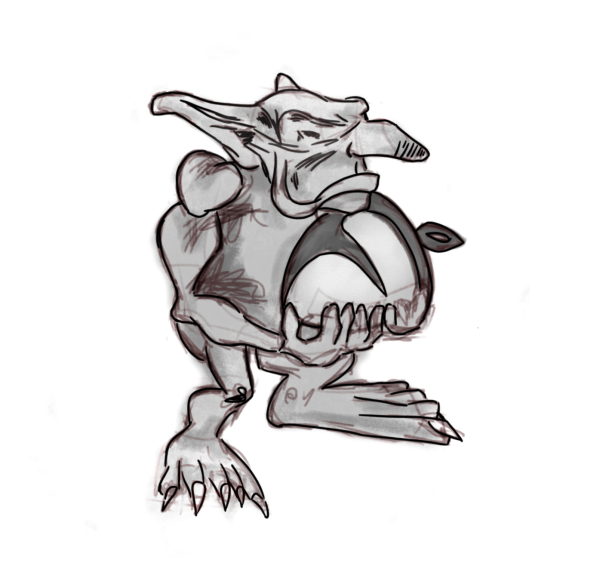The Media Must Take Two and Stop Romanticizing Love in Novels
In the last few decades, romantic “chick lit” stories have ruled book best-seller lists. Sure, the occasional historical fiction, memoir, or fantasy novel has made an appearance, but there is no denying the everlasting reign authors like Nicholas Sparks and Sarah Dessen have over the New York Times best-seller list. The media in the U.S. is obsessed with love and romance, especially in teenagers. Even though some people argue that romance is an effective way to sell books, it is destructive to have serious issues such as disease and totalitarian governments romanticized or ignored for the sake of a good teenage love story.
The media has always found the romance in any material. For example, society considers a 16th-century play about two teenagers killing themselves to be romantic. Shakespeare’s tragedy has been turned into the most romantic story of all time. This trend continues among much newer books. In the popular “Hunger Games” trilogy by Suzanne Collins, Katniss is a teenage girl whose innocent little sister is chosen for the annual Hunger Games, a bloodbath that forces teenagers to fight to the death in order to survive. Katniss volunteers to go in the place of her sister and is soon exposed to three novels’ worth of torture, injury, and emotional and psychological pain. The media, however, focused the attention away from the horror, death, and destruction that was intended to be the main concept of the stories and instead drew attention to what they thought was is the most important part – the subplot of a love triangle. The oh-so-intriguing “Team Peeta or Team Gale?” question is discussed by well-known media sources such as People, Popsugar, MTV, and Buzzfeed. As far as the media seems to be concerned, a government blowing up a hospital of sick and injured people takes the backseat to the debate of which boy has a better jawline.
Not only have dystopian novels been spun to focus on teen romance, the media has sunk its love hook into stories about everyday struggles as well. “The Fault In Our Stars,” by John Green, is a young adult novel following two teenagers with cancer. If the book was marketed differently, it could significantly raise awareness about childhood and teenage cancer. However, instead of emphasizing the strong statement the book made, the media focused solely on the romance. The audience never hears about Hazel’s hospital visits or really anything about her cancer unless directly related to the plot line of her and Augustus falling madly in teenager love after one month. Instead, the readers only hear about how Augustus is the most romantic boy ever, or how absolutely adorable that kiss in a sacred Holocaust monument was. If people were looking for representation of cancer in the media, they can keep searching. Although this book is all about cancer, the media gleans over it completely.
Many people argue that romance is a very good instrument to sell something with, which may be true. However, books without any mention of love can become amazing best-sellers. Books like “To Kill A Mockingbird” and “Harry Potter” are very famous, influential books with minimal or no romance. Although romance sells well, it is not instrumental to a well-written, interesting story. In fact, sometimes books without much romance outsell love-based stories. Just look at the “Harry Potter” series versus “Twilight” – the wizard has sold over 143 million copies in print in the USA, while the vampire has sold over 40 million.
It is up to the readers, the witnesses to this constant emphasis on romance, to use their power as the consumers to change. Whether the complaint is in the form of a five-paragraph email or a three-sentence comment on the article itself, it can make an impact. When enough people fight back, the media will at last give serious issues the gravity they deserve, and everyone will be able to finally stop mixing up their Rainbow Rowell chick lit stories and books about murderous governments.
Hello there! Our goal is to provide relavent, engaging journalism for readers of all ages. Your donation will support the student journalists of the Wolfpacket at Claremont High School, and will allow us to purchase equipment, print our monthly issues, and enter in journalism competitions. We appreciate your consideration!

Genny Sanders is a senior at Claremont High, and she has been a part of Wolfpacket since freshman year. She is an Assistant Editor-in-Chief, which she...





